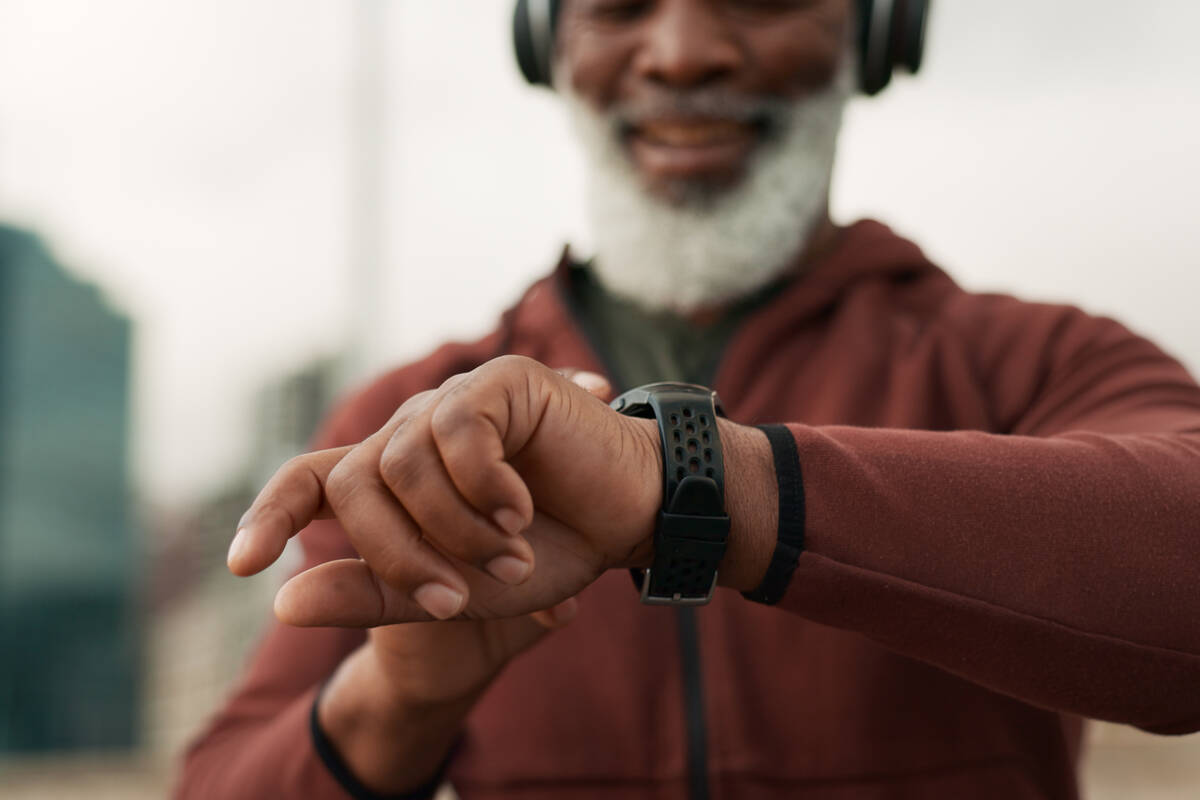Healthy habit shown to lower dementia risk by 33%
About 5.8 million people in the United States were living with Alzheimer’s disease, a form of dementia, in 2020 — a number that is expected to triple by 2060, according to the Centers for Disease Control and Prevention.
It’s a sobering fact, and sadly, age is the most significant risk factor, something we can’t control.
Scientists are still learning about what causes Alzheimer’s, including why women develop the disease in greater numbers. However, some factors, such as lifestyle habits, may play a role. In a way, that’s good news. It means we have some power to take the reins of our brain health.
One habit in particular can significantly reduce dementia risk, according to research.
It might surprise you, but a Cleveland Clinic neuropsychologist agrees and offers ways to make this habit part of your routine.
Lowering dementia risk
You might think of exercise as something that can benefit your heart, lungs and muscles — and it can. However, it’s also great for your brain and cognitive health.
In fact, one study conducted on nearly 650,000 veterans who implemented an exercise treadmill test as part of their routine care showed 33 percent lower risk of Alzheimer’s disease and related disorders later in life. The authors concluded that cardiorespiratory fitness is associated with lower dementia odds as people age.
A Cleveland Clinic neuropsychologist agrees that moving the body benefits the mind.
“Research has shown that getting at least 150 minutes of moderate-intensity exercise per week is the key to the best brain health with aging,” says Jessica Caldwell, director of the Women’s Alzheimer’s Movement Prevention Center at the Cleveland Clinic Lou Ruvo Center for Brain Health.
“Less is more” has its place in certain situations. However, Caldwell says that going above and beyond the weekly exercise recommendations might be beneficial.
“For younger folks or people who’ve been physically active in the past or consistently throughout their life, getting up to 300 minutes or doing more vigorous exercise could be even more beneficial for the brain,” Caldwell says. “It’s a balance as we age between physical fitness and injury prevention and getting that good aerobic workout to benefit not just heart health but brain health.”
Recommended workout
While the research focused on running on a treadmill, Caldwell says that many people may have pain and mobility issues, especially as they age, that keep them from taking on such a workout. Her suggestion? Dive into a lower-impact alternative that will still get your heart, lungs and brain working.
“One excellent exercise as we age is swimming,” Caldwell says. “Swimming is an exercise where you eliminate some essential concerns with other types of exercise.”
For starters, the risk of falling is lower.
“You have the water supporting you,” Caldwell says. “Even if you’re walking or running in a swimming lane, you’re still doing that in a way that’s safer if your balance could be an issue.
“It’s also less impact,” she adds. “As we age, even people who have been very strong athletes in the past may have accumulated injuries that make intense exercise too much for the joints or they may have active injuries. Swimming offers another way for people who want to be physically active, even at a high level, to do that in a way that can be gentler on the body.”
Other habits for lowering risk
Get enough sleep: “Sleep can be a big challenge,” Caldwell says. “If you’re a person who has had average sleep throughout your life, the first thing to do might be to look at your sleep habits. Are you going to bed and waking up at a similar time each day and night? Are you watching TV or looking at videos on a phone right before bed? Are you drinking coffee or a lot of water right before bed?”
Evaluating whether your bedroom is dark and quiet can also help. Some people may benefit from cognitive behavioral therapy to assess and tweak their sleep hygiene habits. Additionally, a sleep study can help flag issues such as sleep apnea.
Maintain a healthy diet: The brain is an organ like the heart, and diet can benefit it. “With nutrition, the goal for brain health is to minimize processed foods and maximize whole foods,” Caldwell says. “Things (you can get in) a drive-thru, oftentimes, are not going to be your friend when it comes to brain health for life.”
Caldwell says frequently recommended foods for brain health are those found on a Mediterranean or MIND diet meal plan. The MIND diet combines the popular and science-backed Mediterranean-DASH Intervention for Neurodegenerative Delay diets. A 2021 study indicated that it could assist with cognitive resilience as people age.
“Examples of foods there would be healthy fatty fish, high levels of green vegetables, green leafy vegetables, fruits, nuts and olive oil,” Caldwell says.
Give the mind a workout: Yes, physical activity is good for the brain. But so are “brain games.” A 2023 study in JAMA Geriatrics linked lower dementia risk with engagement in activities that challenge the brain, such as crossword puzzles, chess and journaling.
“The key is challenging learning, and that depends on your achievement levels throughout life, attention and interest,” Caldwell says.
For some, that might come from a job. For others who are retired, that might mean learning a new language or instrument.



















